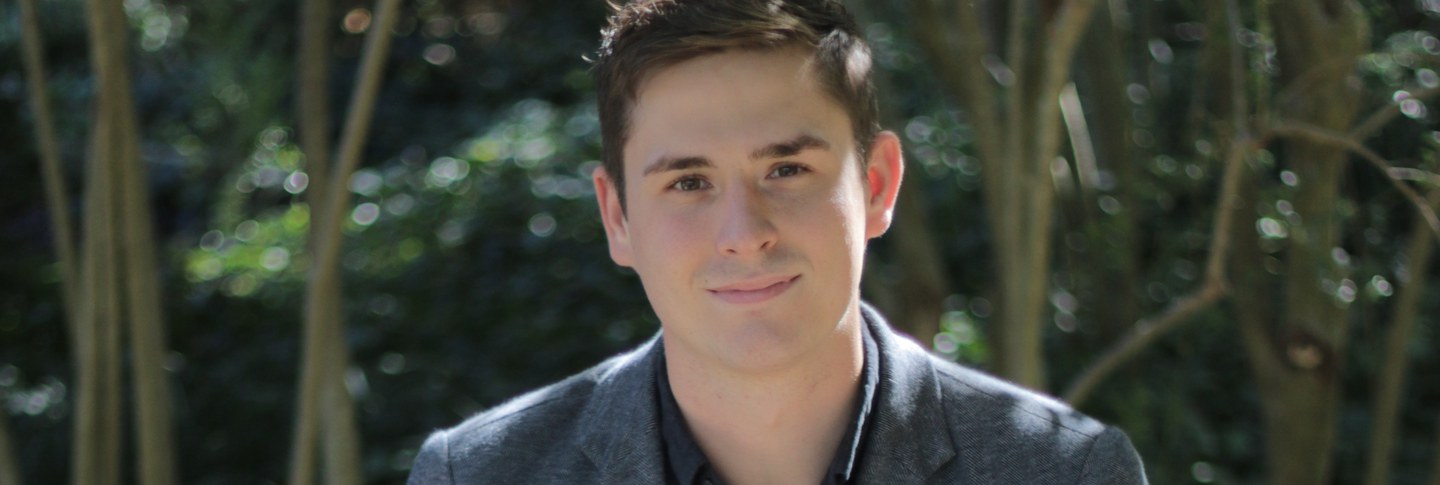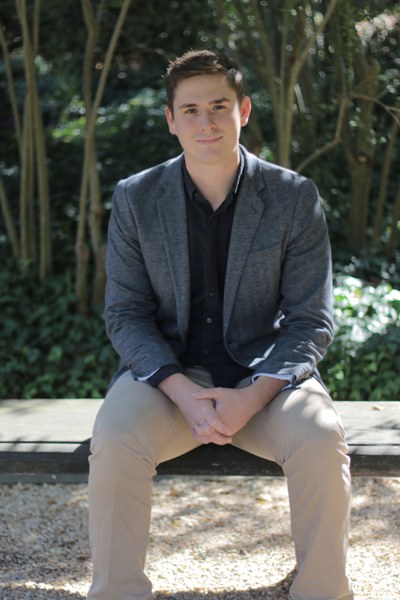My first six months as a Tyler Fellow in residence at Dumbarton Oaks have been among the most enriching and productive of my academic career. This year, I am working half-time as an assistant editor of Latin texts and translations for the Dumbarton Oaks Medieval Library (DOML). My first assignment was to comb meticulously through a draft translation of the poetic works of Venantius Fortunatus, who flourished in sixth-century Merovingian Gaul. The opportunity to conduct such a close reading could not have served me better. Fortunatus is an author central to my dissertation, which focuses on the social roles Latin poets played in Mediterranean communities of the early Middle Ages, ca. 500–700 CE. Besides allowing me to develop an auxiliary editorial skill set that will likely serve me later in my career, my institutional project has contributed directly to my dissertation research.
Even outside of my work on DOML, I have made great progress in my dissertation. To reframe my study more broadly, I am grappling with manifold transformations of literary identity and with the dynamic interworking of intellectuals in the aftermath of empire in an attempt to answer one overriding question: what became of the Latin poet, a cornerstone figure of the Roman cultural tradition, in the two hundred years after the erosion of the Western Roman Empire? This question carries me to various Barbarian kingdoms scattered around the Mediterranean, and to Byzantine lands as well—to Constantinople and western provinces reconquered under Justinian, where Latin poets continued to thrive.
At Dumbarton Oaks, the library’s tremendous resources in late antique and early medieval studies have met my Latin-centric project’s every need. But it is the people here that have advanced my ideas and scholarship most of all. Having the opportunity to dialogue with such an impressive and diverse community of scholars has expanded my academic horizons and provided fresh insights that have already added dimension to my research. I am proud and grateful to be a member of such a friendly and engaged community and look forward to seeing what further fruit it will bear.

